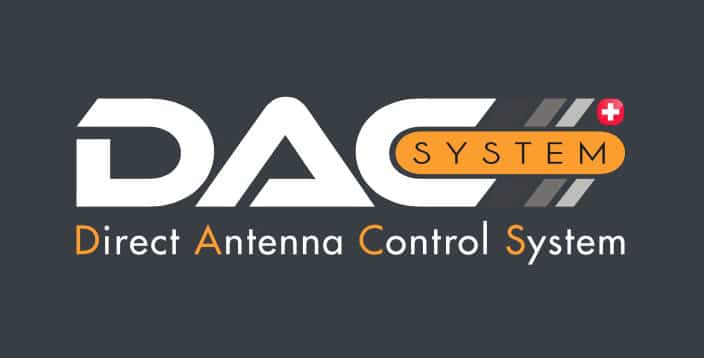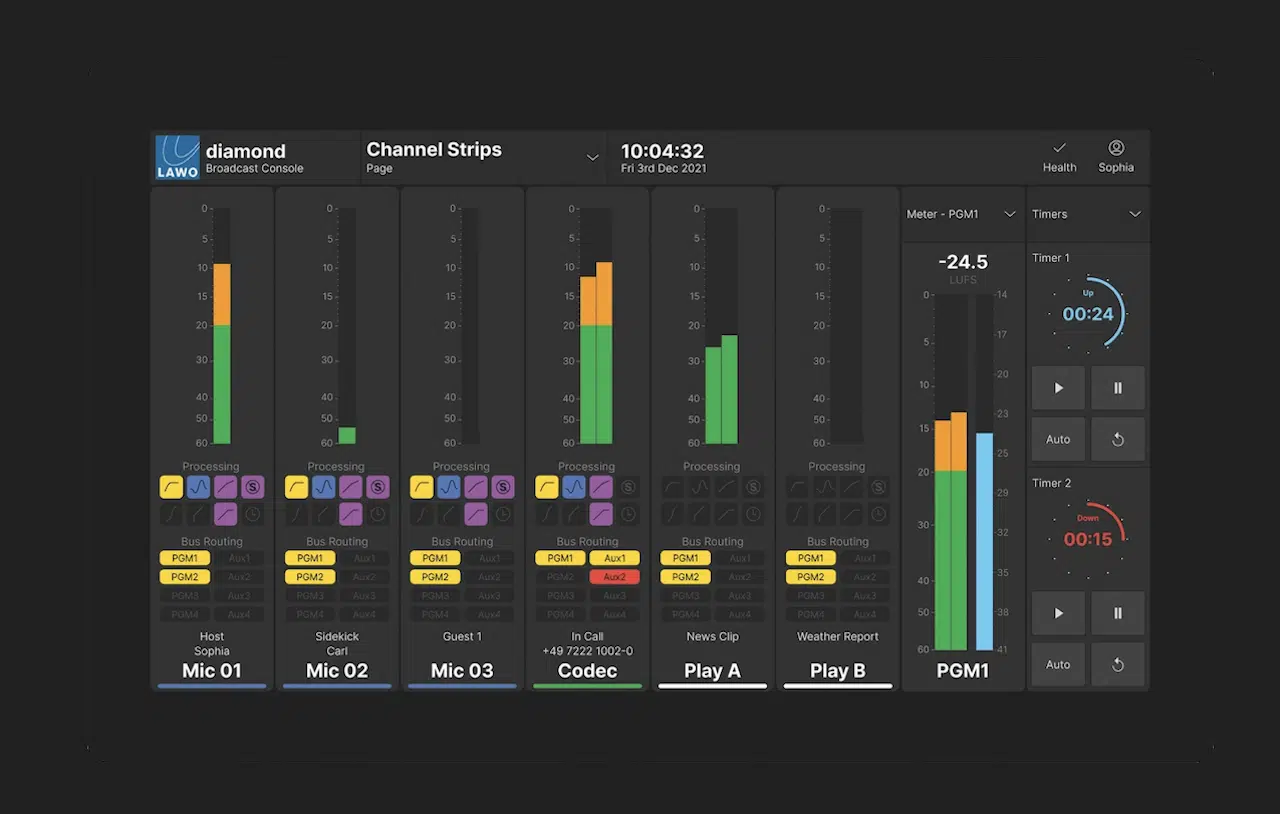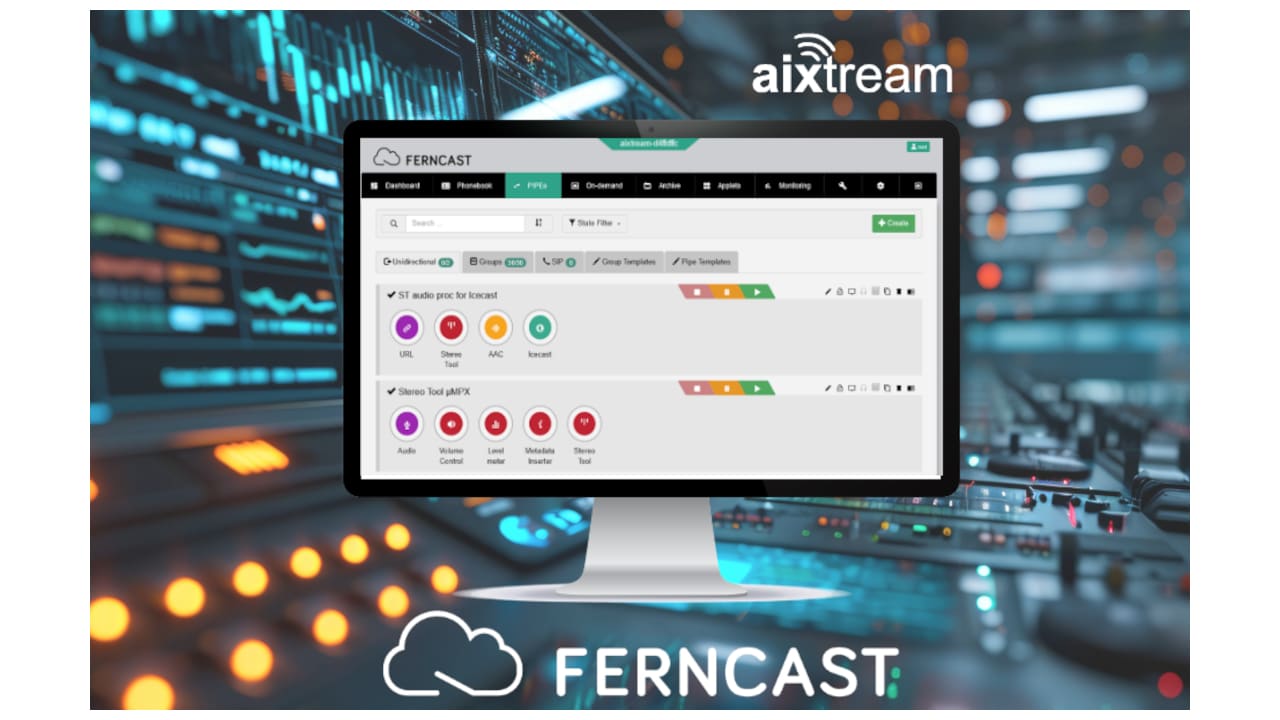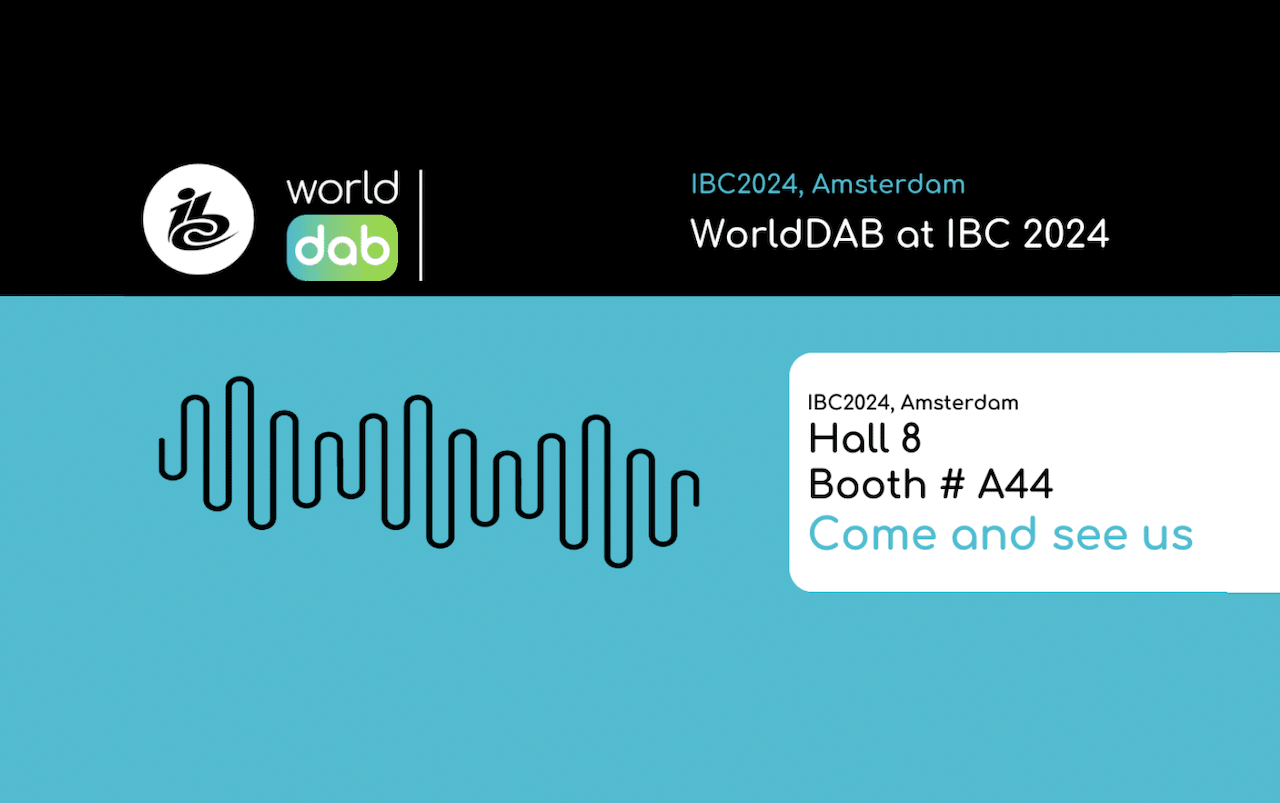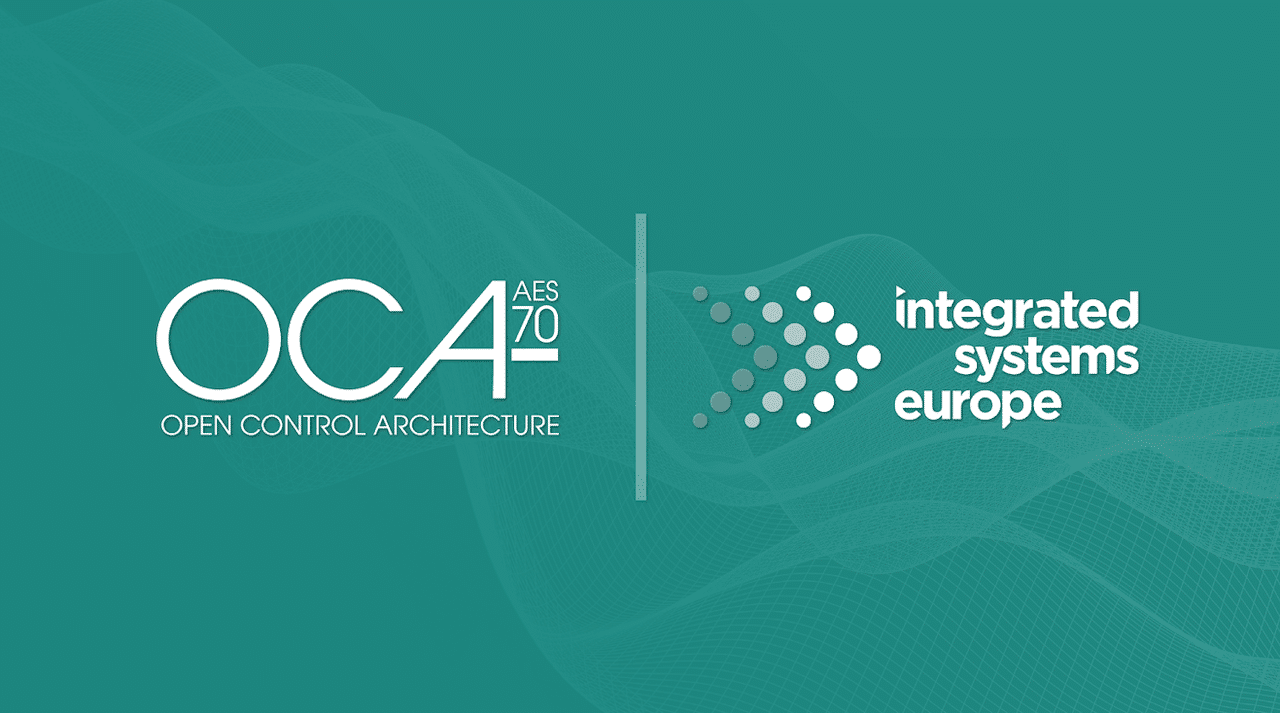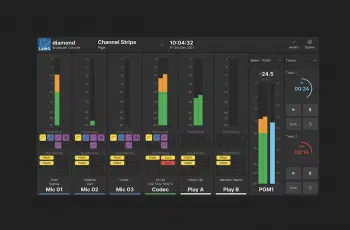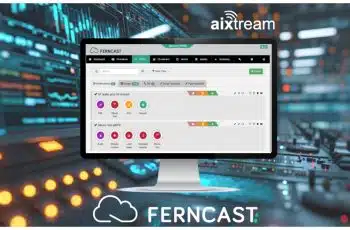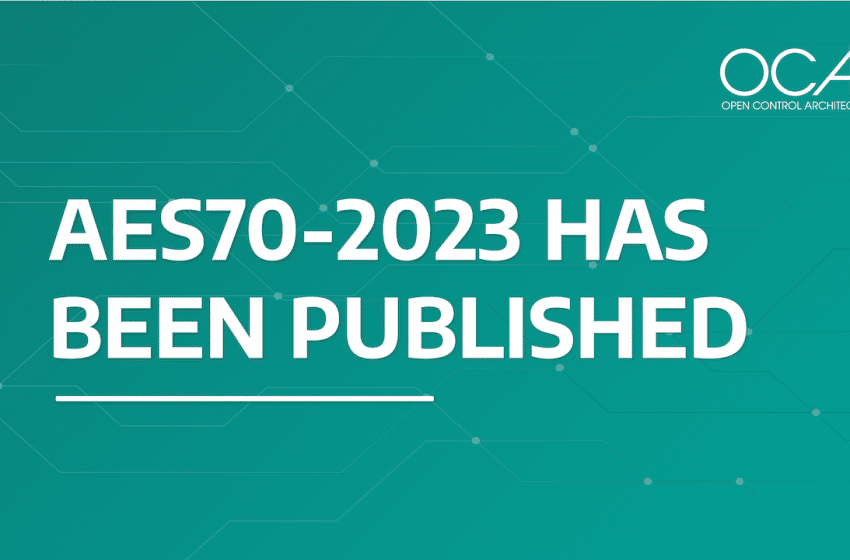
AES has formally published the latest update to the AES70 suite of standards for controlling and monitoring devices in professional media networks. The core standards, AES70-1, AES70-2, and AES70-3, form the foundation of the AES70 standard. AES70-2023 represents a significant advancement, bringing in new features and improvements. Fully backward compatible with all existing AES70 devices, a major focus has been on improving the understandability of the specification with revised, expanded documentation, more precise language and ten informative annexes to assist developers.
The update also extends its connection management architecture with better support for redundant network connections and a more precise organization of functions. There’s flexible support for connection negotiation and media transport sessions, and this update sets the stage for the upcoming adaptations for media networks, including AES67, ST 2110-30, and Milan.
AES70-2023 also defines various types of datasets, such as media files, logs, parameter files, and executables, allowing manufacturers to define custom dataset types as needed. This extends to command sets and stored parameters. Devices can store predefined executables and operating parameter values for immediate or later use.
AES70-2023 is a thoughtful update that enhances the standard’s usability and flexibility while expanding its capabilities to meet the dynamic needs of professional applications. This encompasses networks of all sizes,including mission-critical applications, high-security applications, IP and non-IP networks, and local and wide-area applications. AES70 can control real or virtual devices on-premises or hosted by cloud services, consuming little computing power or network bandwidth.
More details about AES70-2023, including dataset features, command sets and stored parameters, and updated documentation, are available on the Open Control Architecture Alliance website here.


